In a world flooded with turmoil and uncertainty, young people can be easily overwhelmed. Amid the ongoing Afghan Refugee Crisis, it is now more vital than ever for teens to navigate issues on the other side of the globe.
In the aftermath of the Taliban’s seizure of Afghanistan’s capital, Kabul, a mood of chaos and fear quickly set in. Swaths of Afghans fled the country to escape the militant organization’s rule. As countries continue to experience an influx of refugees, the conflict has inevitably grown closer to home.
According to The Wall Street Journal, as of Sept. 3, 24,000 refugees have been resettled in the United States. World Relief Quad Cities is a member of a nationwide coalition of nine primary resettlement agencies that are accepting Afghan refugees. This local chapter has helped resettle more than 2,500 displaced persons in the Quad Cities since it was established in 1999.
But many are left pondering, “How does this affect me?”
Being unaware often correlates with being unaffected. Many struggle to find a personal connection to an issue that is seemingly irrelevant to their lives as American high schoolers who already have enough on their plate. Perhaps the event is too demoralizing, and they feel powerless.
Unfortunately, matters discussed in the classroom are often the extent to which high schoolers become aware of international affairs. Failing to discuss global issues at school—both in the classroom and amongst friends—can have negative implications. After all, part of preparing students for the “real world” is discussing “real world” issues.
But one English teacher has implemented current events into her curriculum to foster habits of global citizenship. Lynne Lundberg assigns her AP English Language and Composition students a weekly discussion-based assignment that she has coined Friday Forum.
Every Friday, students come prepared to engage in a focused student-led discussion about a particular news article that they may have read ahead of time. Students walk away with a deeper understanding of the world around them as a result of this engaging and informative discussion.
Junior Pranav Suresh expressed the impact these discussions have had on his world views. “Friday Forums are important because I think as teenagers, we have to be paying attention to the world around us. After high school, when we emerge into the real world, assignments like Friday Forum will have prepared us to become more educated members of society,” he said.
Being a global citizen means understanding one’s role in a globalized world. It means applying the lessons learned in the classroom in real-world situations. It means creating a better place for future generations.
Junior Leila Assadi is one of many high schoolers who believes these are qualities all young people are capable of. “Young people have a responsibility to educate themselves about what is going on in the world and the effects it can have,” Assadi stated. “From there, they can work to take action and promote change, but first, they have to know what is going on outside of their circle.”
She continued, “Simply talking about issues like the Taliban takeover helps reduce the stigma around resettled refugees and creates a more welcoming environment—especially since there is a local refugee shelter in our own community.”
And many at PV have done exactly that.
Beyond the realm of school curricula, student-led initiatives have sought to spark conversation about global issues. The Positive Place Club is one of PV’s student-led organizations with a mission to tackle difficult issues. The club meets regularly to discuss topics on both a local and international level and works to create a more welcoming school environment.
Sara Russell, co-advisor of The Positive Place Club and advisor of Students For Political Action, shared why it is rewarding to see so many passionate students about current issues facing not only the school climate but also the world.
“While it may sound cliche, the youth are the future and are inheriting this country so I think it is vitally important for them to become activists early. High schoolers are uniquely positioned to do this because they are forming their views and opinions and are also just years away from being able to vote,” Russell stated.
Pleasant Valley students and teachers alike are striving towards increased awareness of global issues to adapt to an increasingly interconnected world.



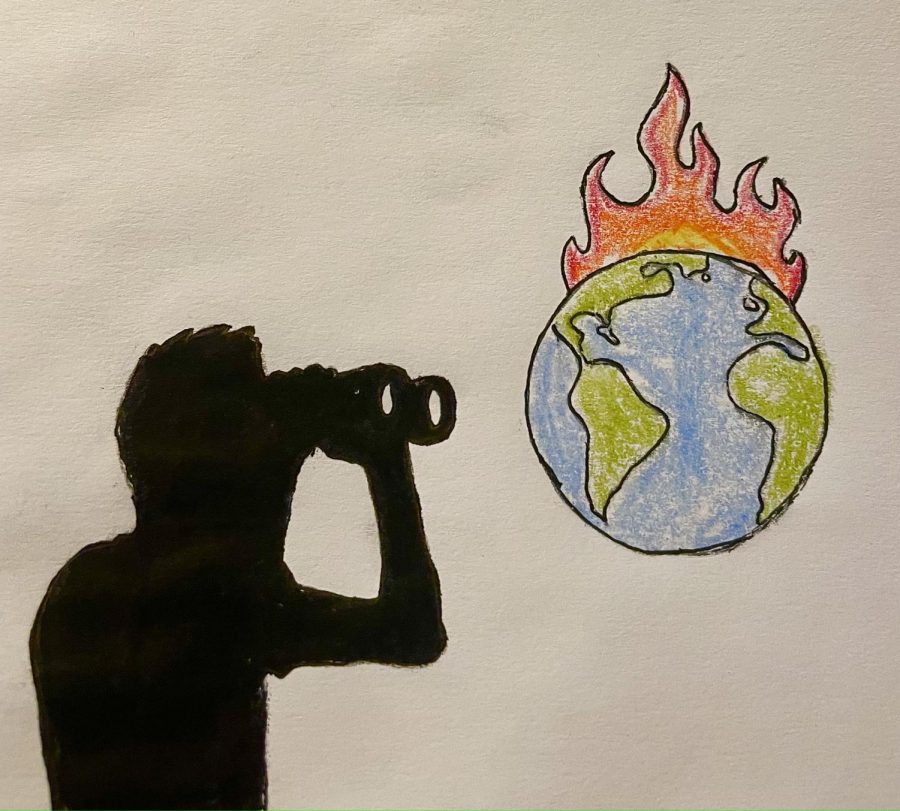






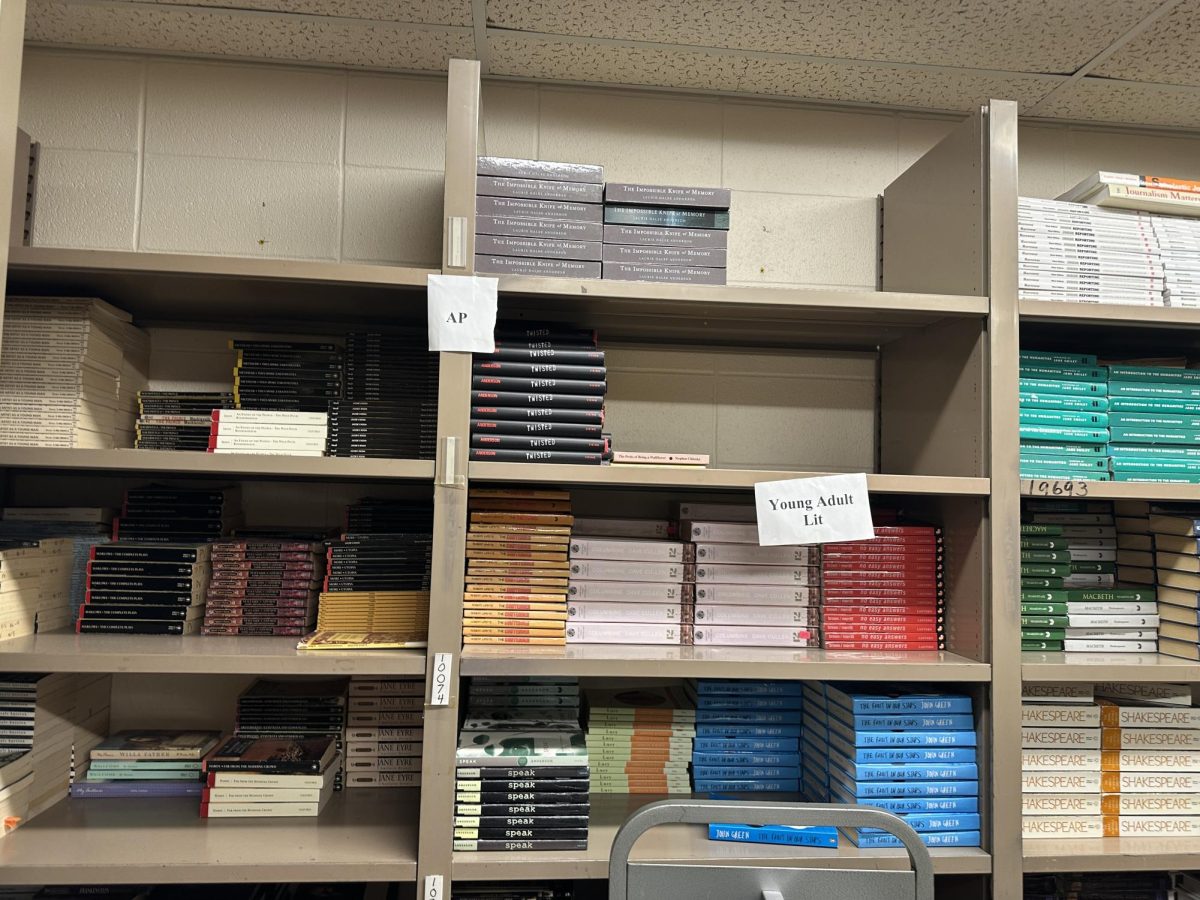
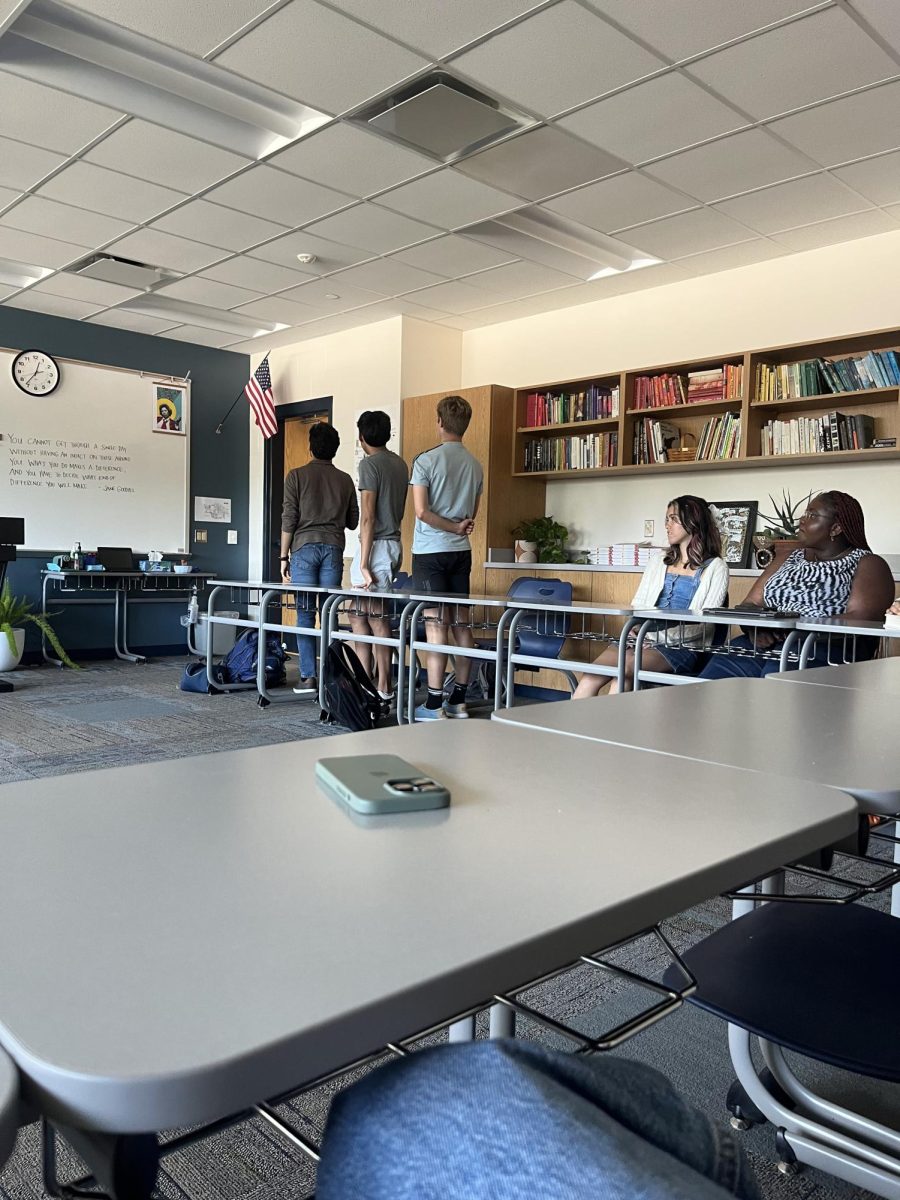

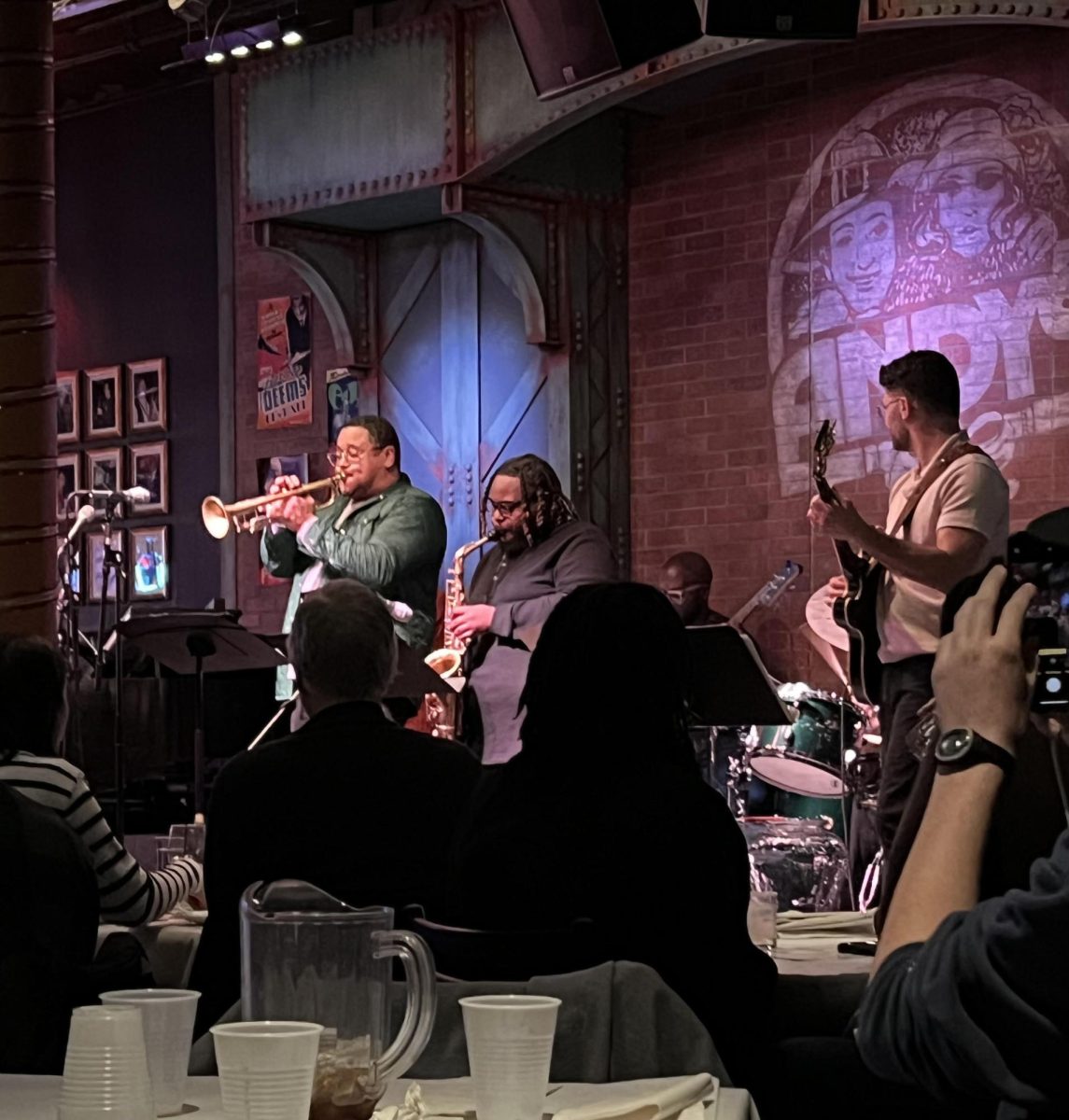
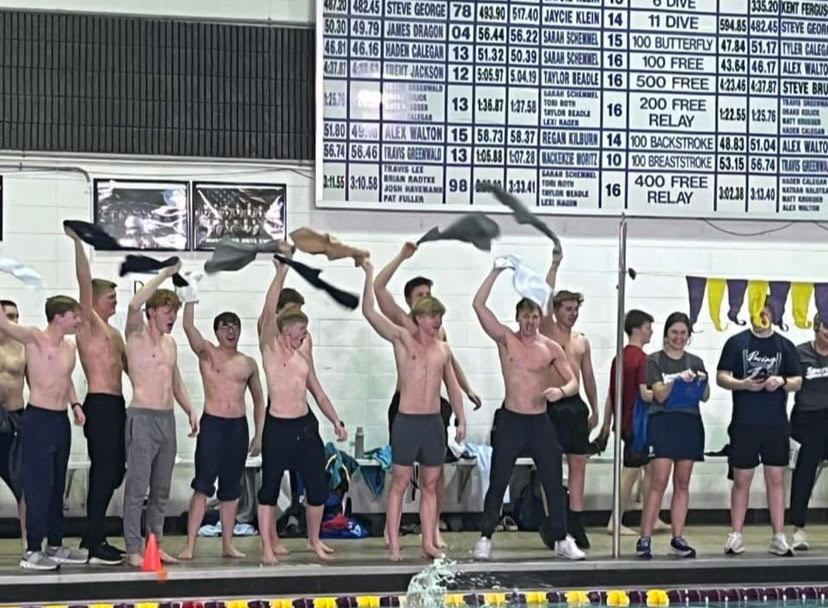
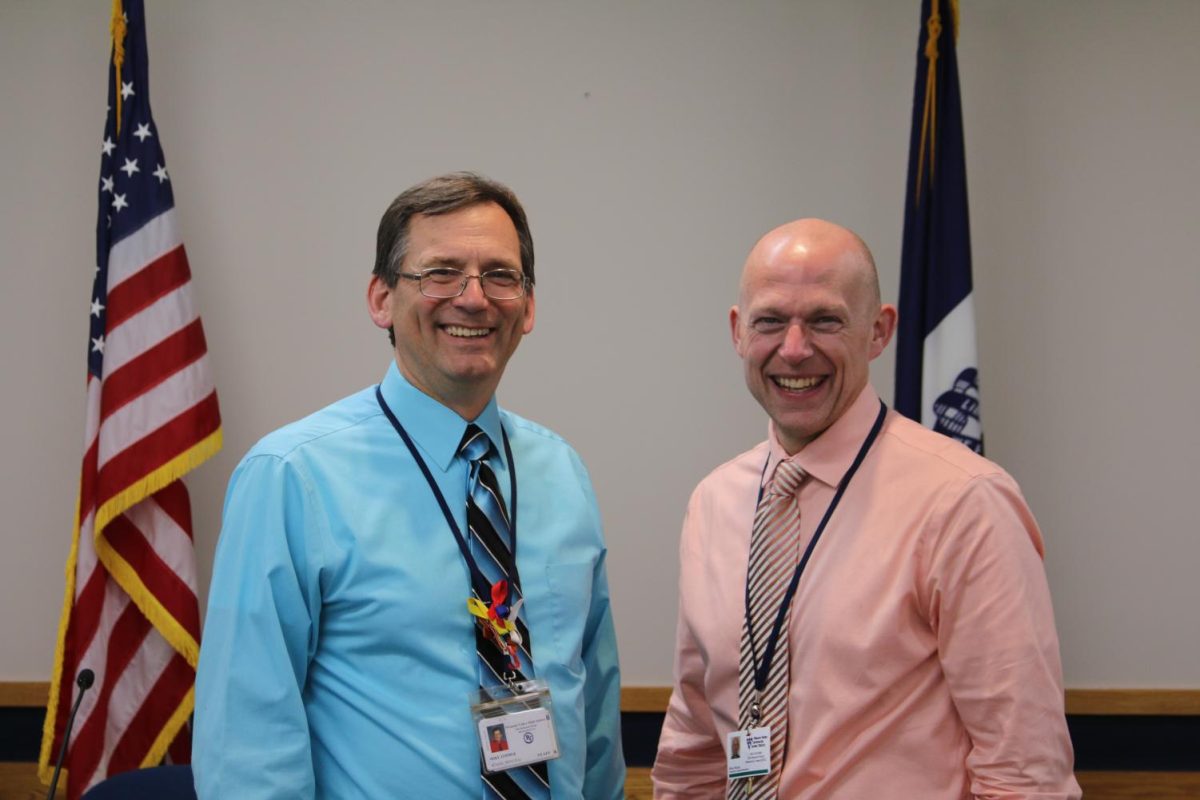
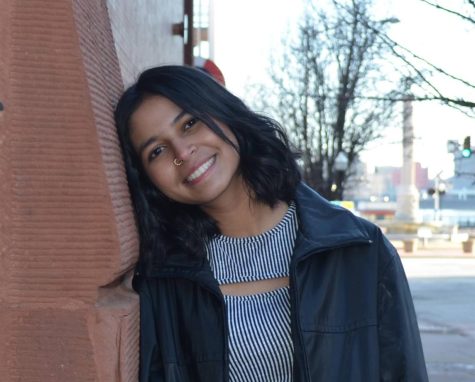
Rachel Karzin • Sep 29, 2021 at 8:29 pm
I really love this article. I think its important to know what is happening in the world around you and this exposed students to that. I think you did a great job of explaining different perspectives.
Vrinda V. • Sep 24, 2021 at 12:16 pm
It is important for students to be exposed to various points of views and discussing global issues helps them become more aware of the world around them. It helps them understand both classroom and real-world situations.
Joe • Sep 17, 2021 at 1:40 pm
I totally agree, I feel like you have written this article showing both sides of the agrument and us teens and highschoolers dont really have a feel of whats going on in the world right now. I feel like you have correctly explained the problem and have gave a great viewpoint on it.
Gavin Pangan • Sep 16, 2021 at 8:49 am
I agree that there is a majority of highschoolers that are unaware of the things that seemingly don’t affect them that occur in the real world. Highschoolers should all learn to be present in the real world and be more aware of the problems that take place in it.